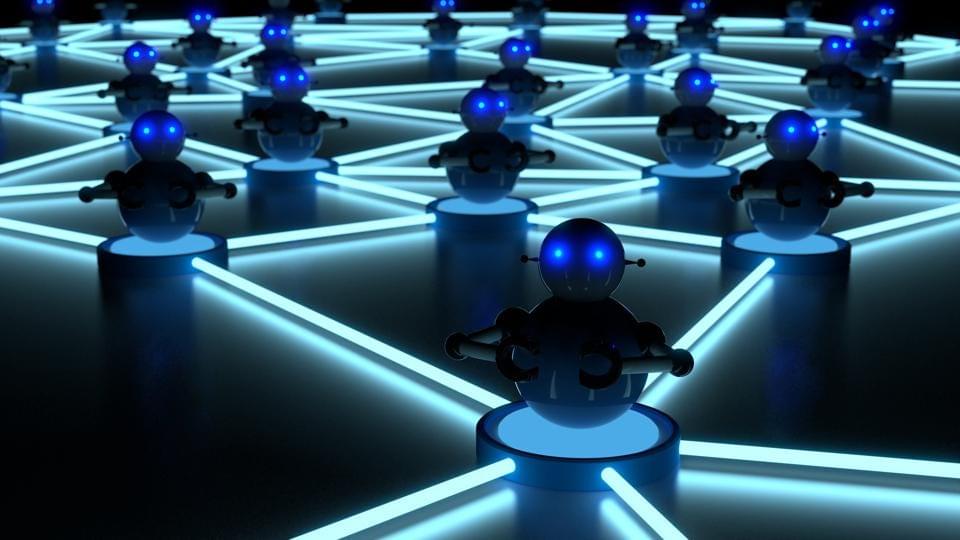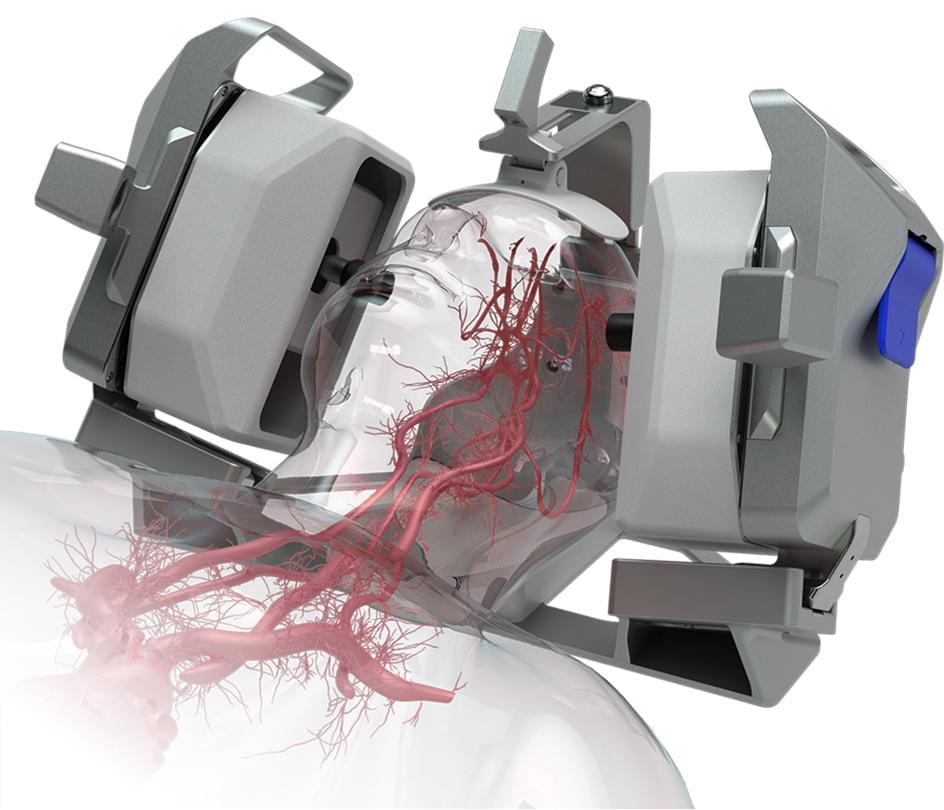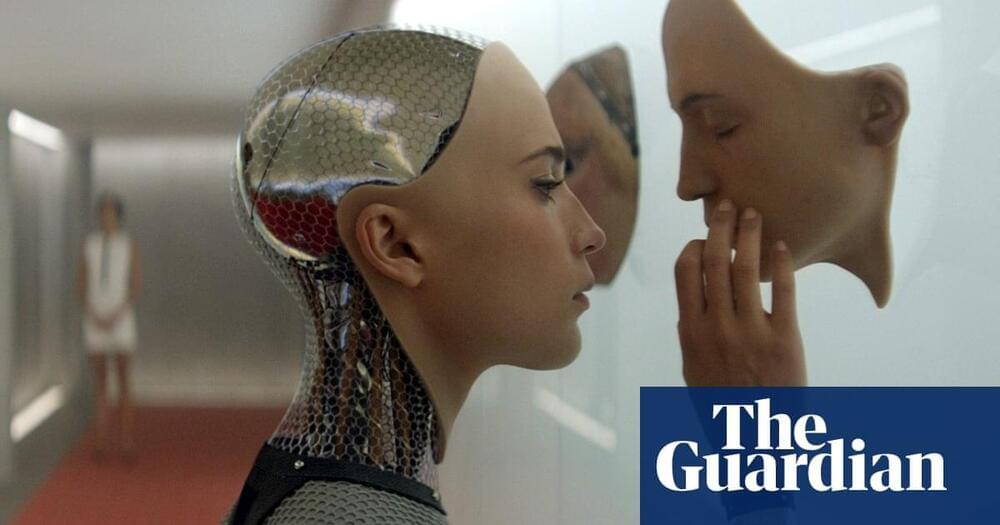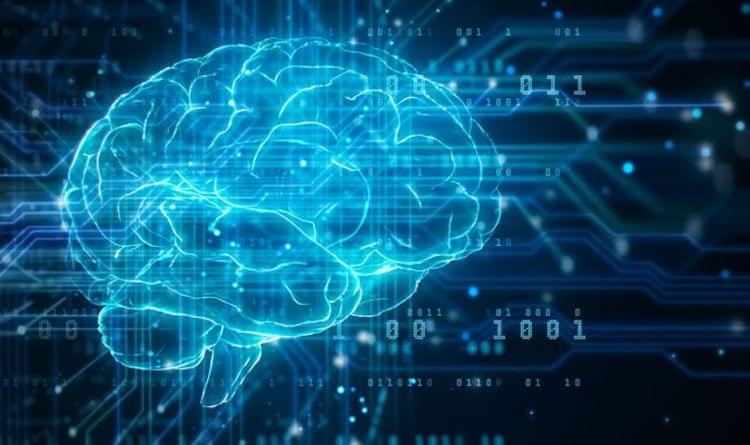Drones trained using “privileged expert” achieve amazing abilities.
Category: robotics/AI – Page 1,848
Our Autonomous Future (How Automation Will Change The World)
Visit Our Parent Company EarthOne For Sustainable Living Made Simple ➤
https://earthone.io/
Progress has an accelerating rate of change due to the compounding effect of these technologies, in which they will enable countless more from 3D printing, autonomous vehicles, blockchain, batteries, remote surgeries, virtual and augmented reality, robotics – the list can go on and on.
These devices in turn will lead to mass changes in society from energy generation, monetary systems, space colonization and much more! All these topics and then some will be covered in videos of their own in the future.
In this video we will be discussing automation, which is often confused with being the ‘technological revolution’ in it of itself as it is what the mainstream focuses on, and for good reason, as how we handle automation will determine the trajectory or collective future takes.
00:00 Intro.
01:30 Progress Traps.
03:50 Automation.
11:51 Retraining.
13:55 The Gig Economy.
Thank you to the members who supported this video ➤

Do You Trust Artificial Intelligence To Spend Your Media Dollars For You?
In the world of rampant data sharing, nefarious use of personal data and media manipulation, it is clear the lucrative ad tech market may not necessarily be ready for complete transformation. This post follows the introductory article entitled, Real-Time Bidding: The Ad Industry has Crossed a Very Serious Line. I had a chance to sit down with Dr. Augustine Fou, my collaborator on the article, and a seasoned marketer, who has “witnessed the entire arc of the evolution of digital marketing”. Dr. Fou currently helps marketers audit their digital campaigns for ad fraud and optimize campaigns based on accurate analytics.
Advertising has evolved tremendously in the last 20 years. The market for digital ads and the scale to which impressions are bought and sold across the ad exchanges has made the industry more efficient and more lucrative. Has advertising been truly transformed?

NovaSignal’s AI-Guided Robotic Platform Aims To Change The Diagnosis Of Stroke
Los Angeles-based NovaSignal Inc. recently launched the second version of their artificial intelligence (AI)-a guided robotic platform for assessing cerebral blood flow in order to guide real-time diagnosis. The platform uses ultrasound to autonomously capture blood flow data, which then gets sent to their HIPAA-compliant cloud system so that clinicians can access the exam data from anywhere on their personal devices.
Founded in 2,013 the company states they have raised over… See more.
Los Angeles based NovaSignal Inc. recently launched a second version of their artificial intelligence (AI)-guided robotic platform for assessing cerebral blood flow in order to guide real-time diagnosis. The platform uses ultrasound to autonomously capture blood flow data, which then gets sent to their HIPAA-compliant cloud system so that clinicians can access the exam data from anywhere on their personal devices.
Founded in 2,013 the company states they have raised over $25 million in federal research funding and hold 18 patents. They also have over 130 peer-reviewed citations to their work. NovaSignal’s products are FDA-cleared in the United States, CE-marked in Europe, and licensed in Canada.

Custom SpaceX Crane Arrives to Starbase | SpaceX Boca Chica
A Liebherr LR 11,000 painted in a black and white SpaceX livery, was delivered to the launch site and assembled. Meanwhile, crews continue to work on the Chopsticks and more beams for the Wide Bay were lifted.
Video and Pictures from Mary (@BocaChicaGal) and the NSF Robots. Edited by Patrick Colquhoun (@Patrick_Colqu).
All content copyright to NSF. Not to be used elsewhere without explicit permission from NSF.
Click “Join” for access to early fast turnaround clips, exclusive discord access with the NSF team, etc — to support the channel.
Rolling Updates and Discussion: https://forum.nasaspaceflight.com/index.php?board=72.

‘Yeah, we’re spooked’: AI starting to have big real-world impact, says expert
A scientist who wrote a leading textbook on artificial intelligence has said experts are “spooked” by their own success in the field, comparing the advance of AI to the development of the atom bomb.
Prof Stuart Russell, the founder of the Center for Human-Compatible Artificial Intelligence at the University of California, Berkeley, said most experts believed that machines more intelligent than humans would be developed this century, and he called for international treaties to regulate the development of the technology.

Scientists raise alarm as world’s first ‘thinking’ robot with BRAIN created
The experiment marks the first time scientists have used lab-grown cells to train artificial intelligence (AI).
The robot’s neurons were stimulated with electricity to perform a specific task.
In this particular case, the robot was tasked with reaching a black circular box hidden away in the maze.

OpenAI’s Codex Translates Everyday Language Into Computer Code
The company believes its Codex machine learning algorithm is the next step in programming—a sidekick for coders to speed up the work and ease the drudgery.